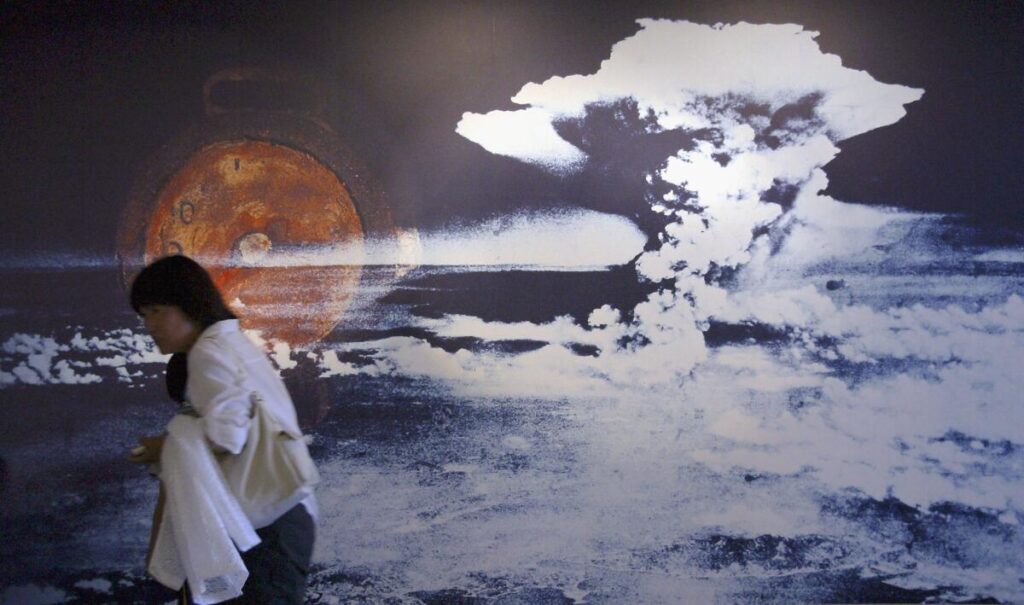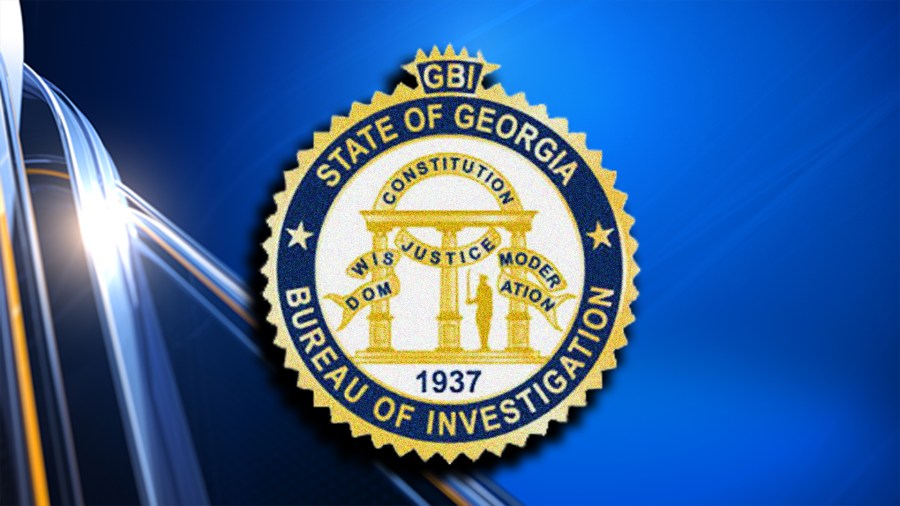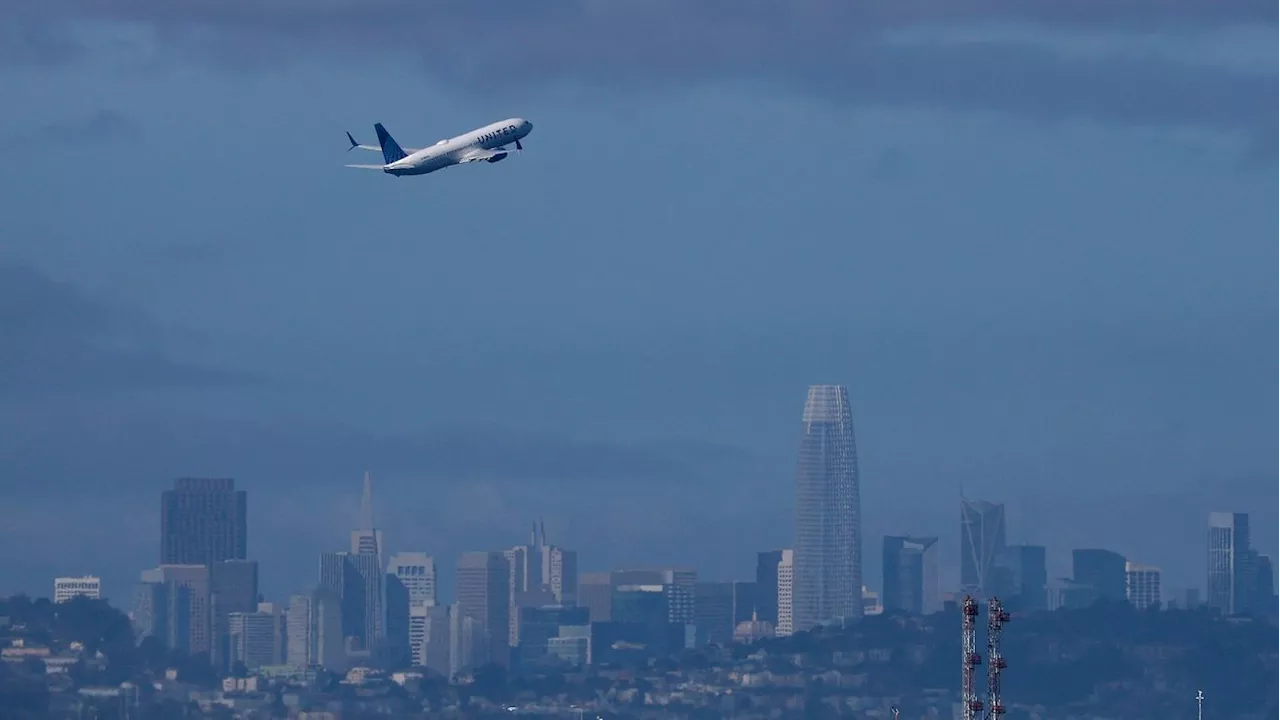
BREAKING: A heated debate has erupted among readers regarding the moral implications of the atomic bombings of Hiroshima and Nagasaki during World War II. The discussion, sparked by an article published on August 8, has drawn significant attention as individuals weigh the historical justification of targeting civilian populations.
JUST IN: Contributors express strong opinions, with some arguing that the choice of densely populated cities as bombing targets by the United States was not only strategic but ethically problematic. Paul Humphreys from Los Angeles highlights a historical parallel, referencing Adm. Matthew Perry’s 1853 approach of using “gunboat diplomacy” without resorting to brutality. He questions the necessity of the atomic bombings, emphasizing a need for moral consideration in military strategy.
In contrast, Joel Athey from Valley Village asserts that the rationale for dropping the bombs was rooted in a dire situation. He points out that extensive U.S. intelligence revealed Japan’s preparations to defend against an invasion, including mobilizing approximately 2.4 million civilians on the Kyushu peninsula. Athey contends that the Japanese strategy aimed to inflict significant casualties to demoralize the American public and compel a negotiated peace.
CRUCIAL INSIGHT: Historical perspectives are also emerging from high-ranking officials of that time. A letter references Gen. Dwight Eisenhower’s attempts to persuade President Truman against using the atomic bomb, arguing that Japan was already on the verge of surrender. Eisenhower’s concerns about the moral implications of being the first nation to unleash such a weapon resonate deeply in today’s discussions.
Dean Van Eimeren from Long Beach adds another layer to the debate, suggesting an alternative approach: a demonstration of the bomb’s power on a remote island could have potentially saved over 200,000 lives. This perspective intensifies the moral questioning surrounding the decision to bomb civilian cities.
As this discourse continues, readers are urged to reflect on the broader implications of military actions and their ethical ramifications. The debate is not just historical; it raises urgent questions about future military decisions and the potential labeling of actions as “moral necessities.”
WHAT’S NEXT: The discussion surrounding these bombings illustrates a critical need for ongoing dialogue about the ethics of warfare. As historians and the public revisit these events from 1945, their insights could shape how future conflicts are approached. The urgency of understanding our past is paramount as we navigate the complexities of moral decision-making in international relations.
This evolving conversation underscores the importance of reflecting on history while considering the human impact of military actions. Share this article to engage others in this vital discussion.







